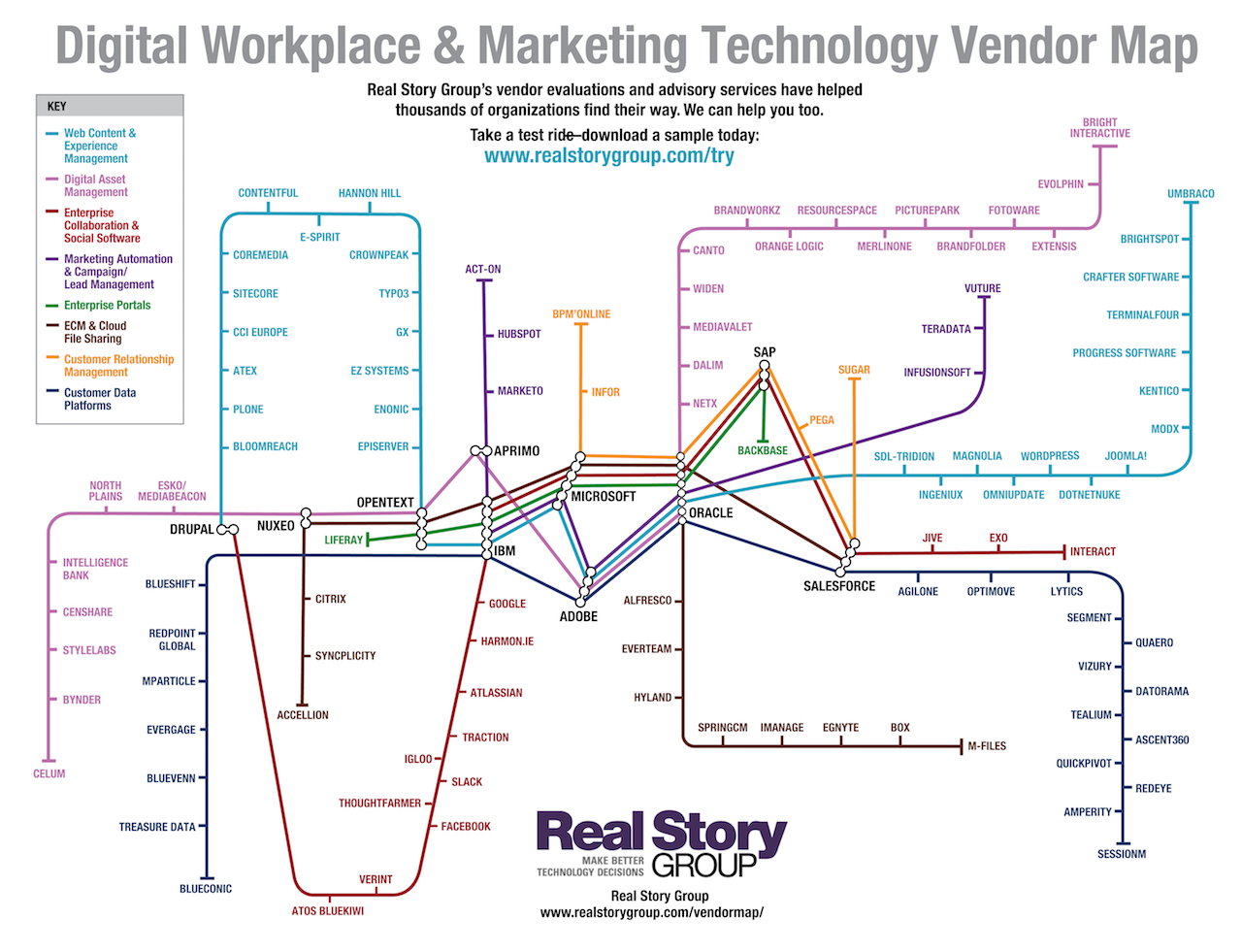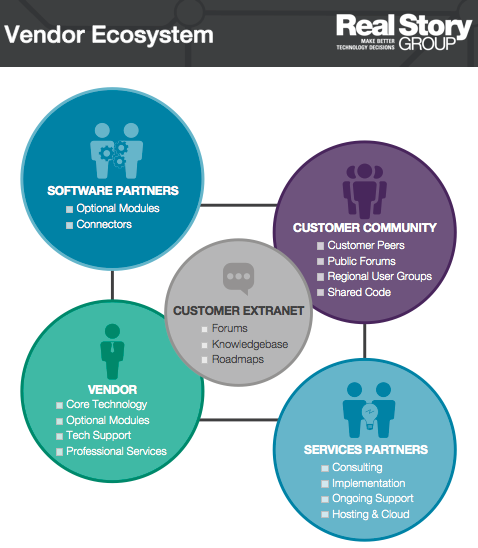Movable Type 5 -- too little, too late?
Noted blog package WordPress keeps coming out with maybe more releases than you'd care for, fixing exploits and bugs, but also steadily improving functionality. By comparison, it has been very quiet around Movable Type. That is, until last week, when the long-awaited version 5 was released. So was it worth the wait?
Well, the software now has versioning. And what the company calls a "new theme mechanism that makes it easy to apply a new theme across a website and blogs with a single click." More strikingly, though, the interface has certainly been freshened up a lot. It looks a lot more coherent and modern. In fact, it looks a lot like WordPress.
So this isn't exactly the release that'll get Movable Type -- once an uncontested leader -- firmly ahead in the blogging game again. The differences are still the same architectural ones (MT's static publishing and Perl underpinnings, vs. WP's dynamic publishing and PHP) that we outline in some detail in our evaluation research. And, certainly with the new interface, I think Movable Type still maintains a slight edge over WordPress when you want to manage multiple blogs.
Perhaps the largest differentiator is still the corporate culture. A telling example is the fact that MT5 isn't available for enterprise customers yet; "We will put Movable Type 5 under extensive scalability and performance testing before we release it in the Enterprise version. This will take several months." Compare that to WordPress' immediate, unpredictable releases; you're expected to have faith in a new WordPress MU (multi-user) version because it's used with millions of users on wordpress.com. That may be comforting, but it's not exactly a guarantee.
So right now, Movable Type and WordPress remain outwardly similar, but with key differences once you dig into them. For current customers of either package, those differences are not likely important enough to merit switching. But if you're still looking for an enterprise-wide blogging platform, it also means you'll have to check which is best for you more carefully than ever.







